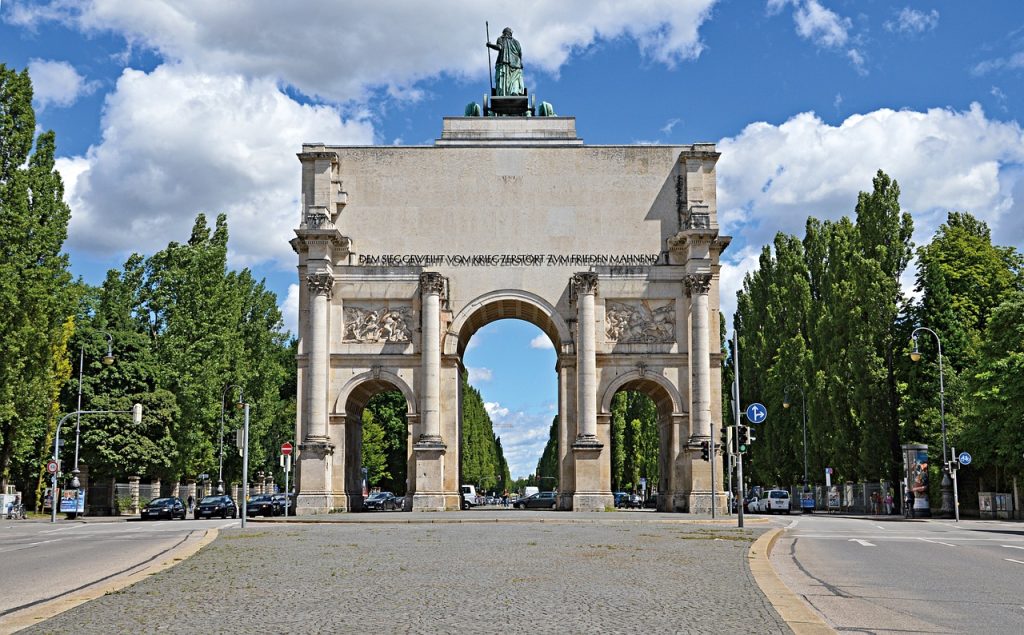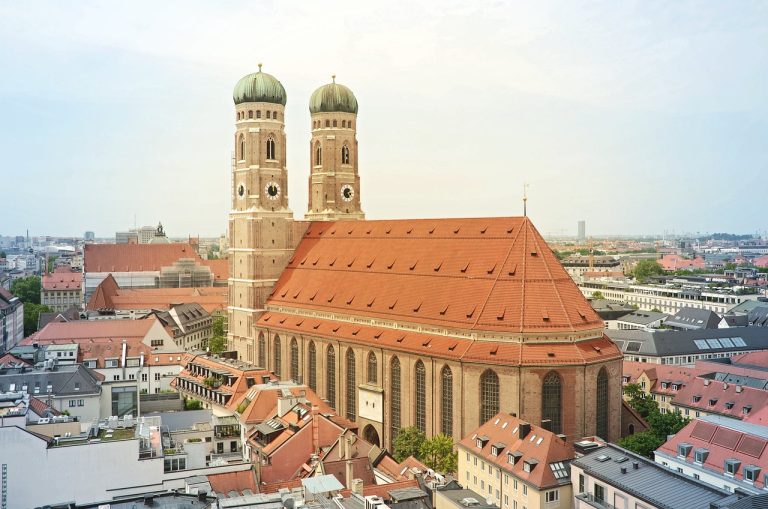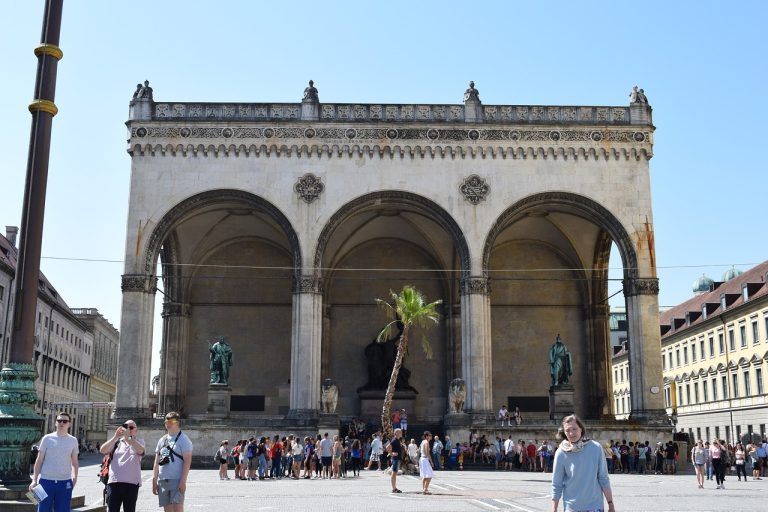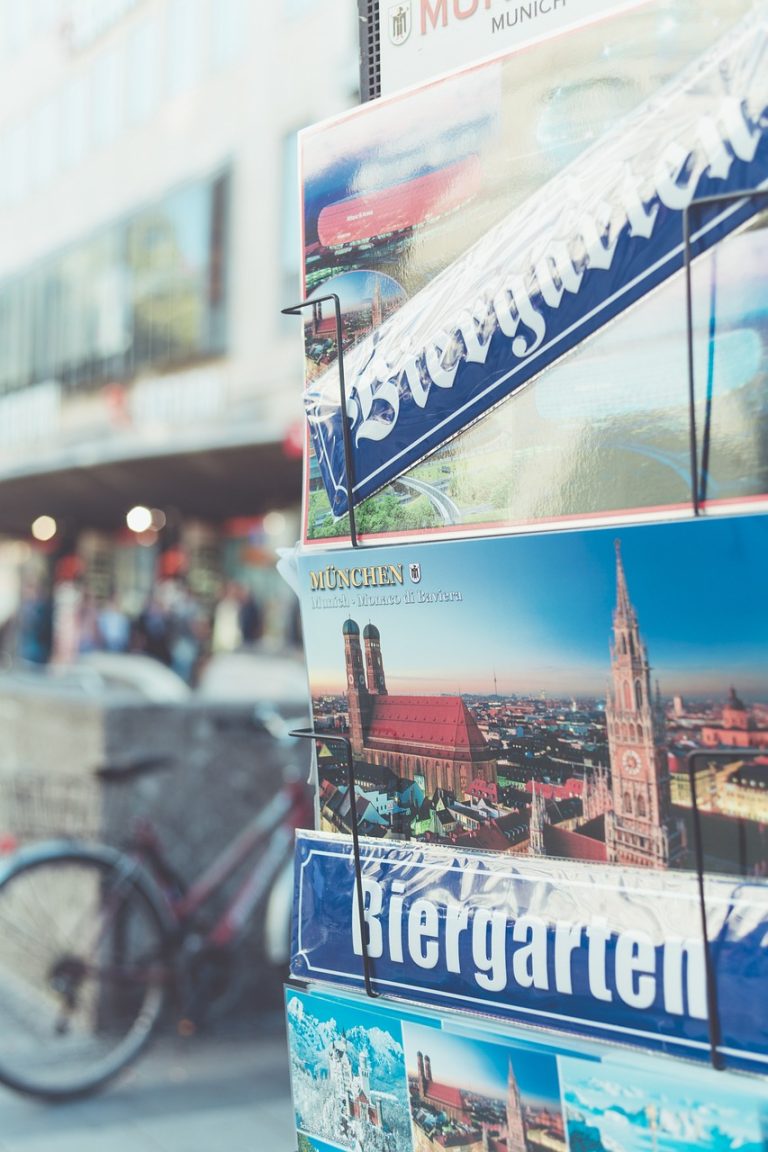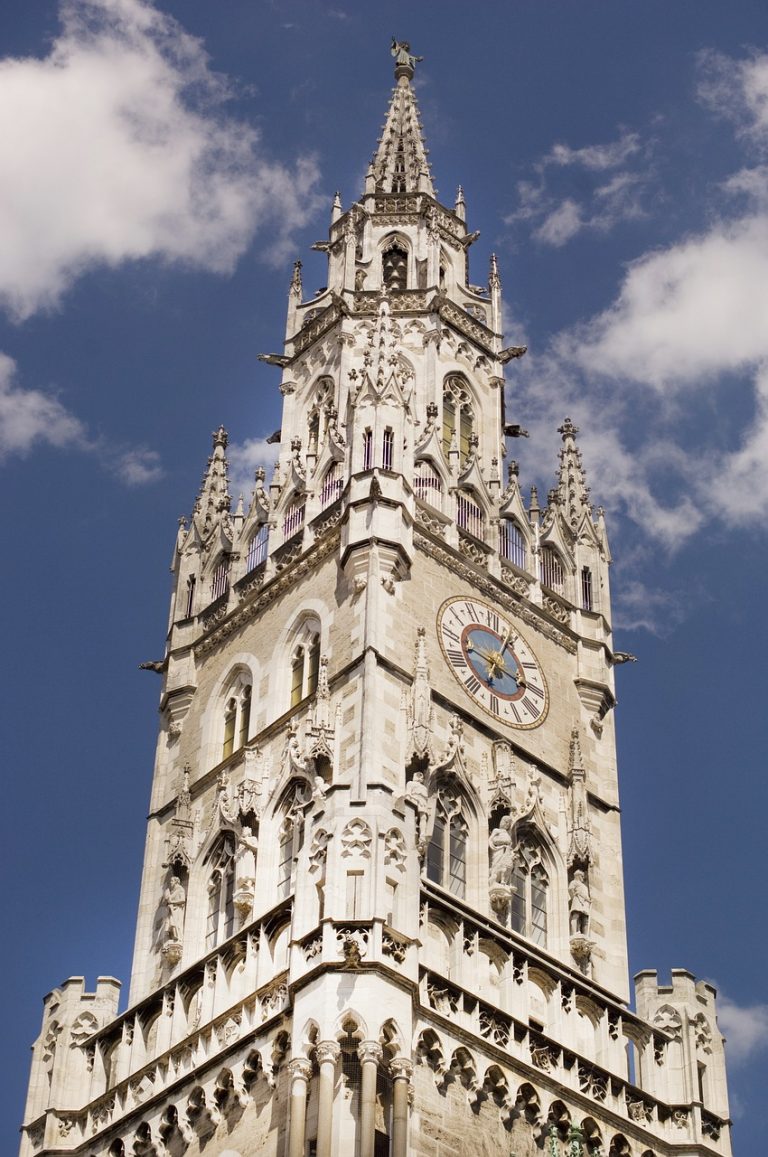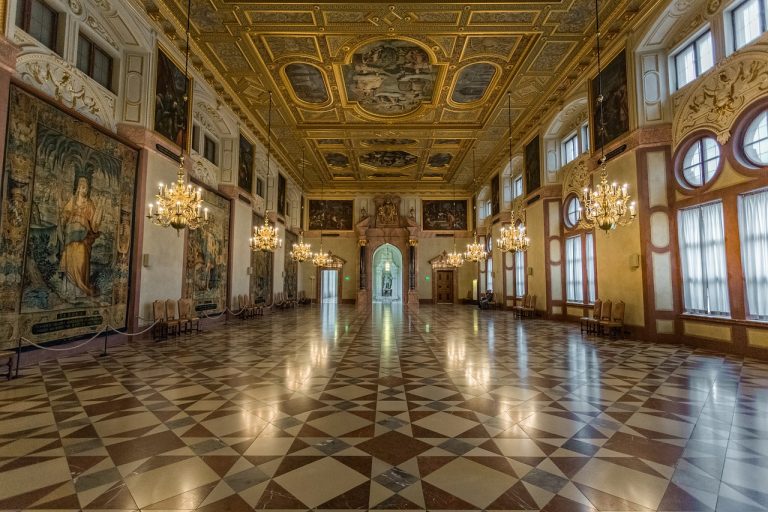Munich Germany Video
Eco-friendly Accommodations: Green Hotels in Munich Germany
Munich, the capital of Bavaria in Germany, is known for its rich history, stunning architecture, and vibrant culture. In recent years, the city has also made significant strides in promoting sustainability and eco-friendly practices. This commitment to environmental conservation is reflected in the growing number of green hotels in Munich. These eco-friendly accommodations prioritize energy efficiency, waste reduction, and sustainable practices, allowing visitors to enjoy a comfortable stay while minimizing their environmental impact. In this article, we will explore some of the top green hotels in Munich and the eco-friendly initiatives they have implemented.
Munich Germany Image 1: 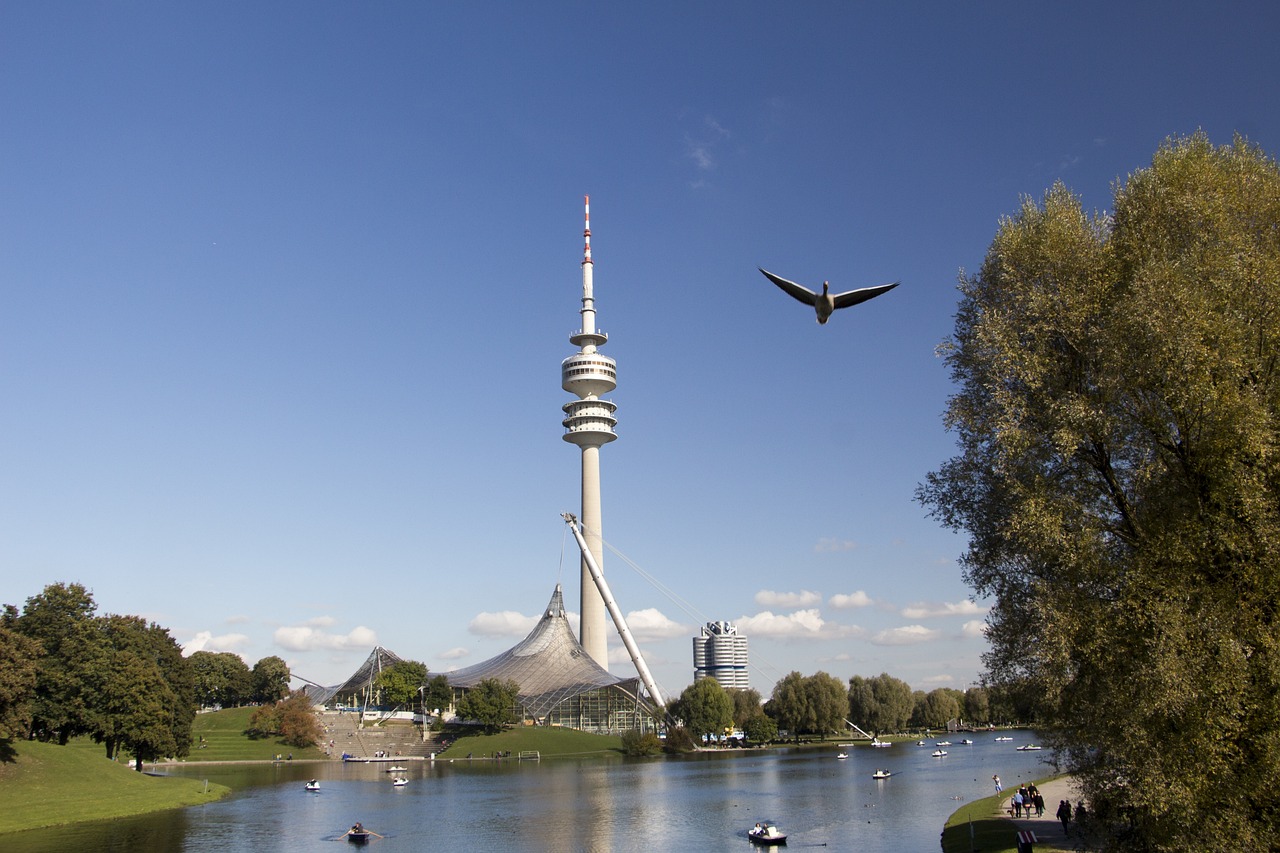
1. The Lovelace Hotel
- Renewable Energy: The Lovelace Hotel sources its energy from renewable sources, such as solar and wind power, reducing its carbon footprint.
- Green Building Materials: The hotel utilizes eco-friendly building materials, including recycled and locally sourced materials, to reduce waste and promote sustainable construction practices.
- Waste Reduction: The hotel implements comprehensive waste management strategies, including recycling programs and the use of biodegradable and compostable materials.
The Lovelace Hotel is a unique eco-friendly accommodation located in the heart of Munich. This boutique hotel has transformed a historic building into a sustainable haven for travelers. One of its key sustainability initiatives is the use of renewable energy sources to power the hotel. By harnessing solar and wind power, The Lovelace Hotel significantly reduces its reliance on traditional energy sources and minimizes its environmental impact.
In addition to its renewable energy practices, The Lovelace Hotel also prioritizes the use of eco-friendly building materials. By opting for recycled and locally sourced materials, the hotel minimizes its carbon footprint and supports sustainable construction practices. This commitment to using green building materials not only reduces waste but also creates a healthier and more sustainable environment for guests.
The Lovelace Hotel is also dedicated to waste reduction. Through the implementation of recycling programs and the use of biodegradable and compostable materials, the hotel significantly reduces its waste generation. By prioritizing sustainable waste management practices, The Lovelace Hotel aims to minimize its environmental impact and create a greener future.
Munich Germany Image 2: 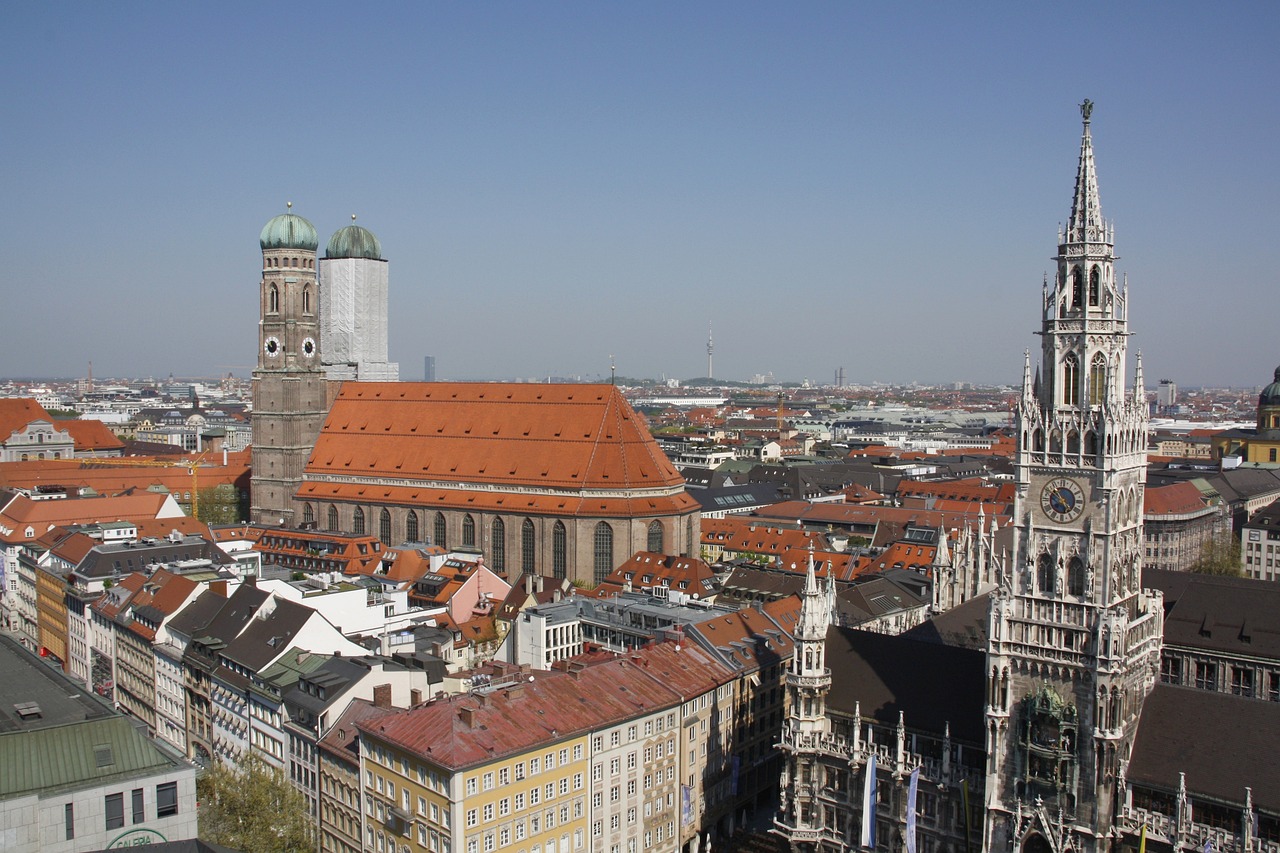
2. The Andaz Munich Schwabinger Tor
- Energy Efficient Design: The Andaz Munich Schwabinger Tor incorporates energy-efficient technologies and practices throughout the hotel, including LED lighting and smart thermostats.
- Local and Organic Cuisine: The hotel’s restaurant emphasizes locally sourced and organic ingredients, supporting sustainable agriculture and reducing carbon emissions associated with food transportation.
- Water Conservation: The hotel implements water-saving measures, such as low-flow fixtures and the use of recycled water for irrigation purposes.
The Andaz Munich Schwabinger Tor is a luxurious green hotel that embraces energy-efficient design principles. The hotel utilizes LED lighting, which consumes less energy compared to traditional lighting options, reducing electricity consumption. Additionally, smart thermostats are installed in guest rooms to optimize energy usage based on occupancy, ensuring maximum efficiency and guest comfort.
At The Andaz Munich Schwabinger Tor, guests can indulge in a culinary experience that values sustainability. The hotel’s restaurant focuses on using locally sourced and organic ingredients, supporting local farmers and reducing carbon emissions associated with long-distance food transportation. By prioritizing sustainable dining options, the hotel promotes a greener and healthier food system.
The Andaz Munich Schwabinger Tor is committed to water conservation. The hotel incorporates low-flow fixtures throughout its premises to minimize water consumption without compromising guest comfort. Additionally, recycled water is used for irrigation purposes, reducing the strain on freshwater resources and promoting sustainable water management.
Munich Germany Image 3: 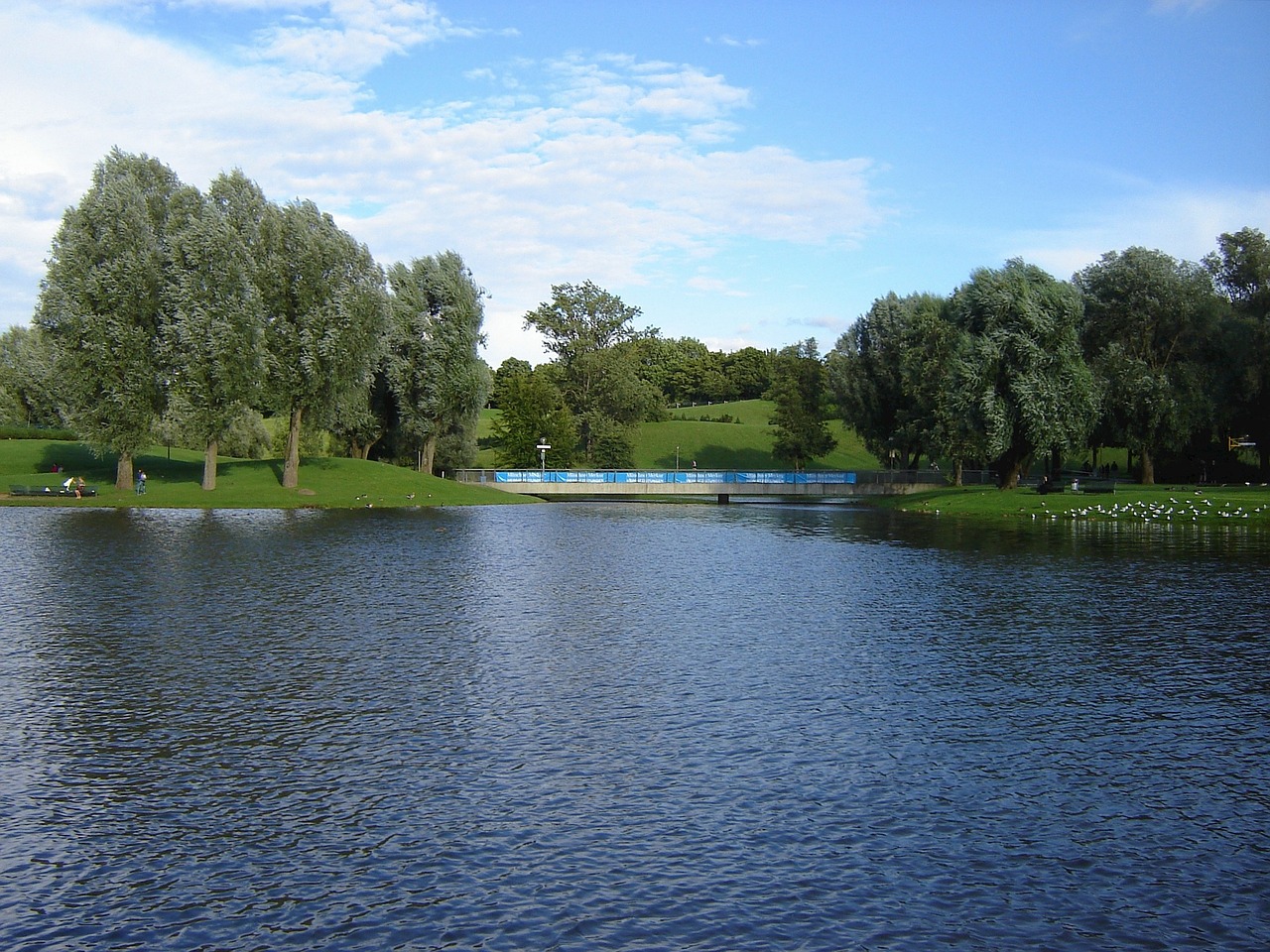
3. The Charles Hotel
- Green Roof: The Charles Hotel features a green roof, which enhances insulation, reduces energy consumption, and provides habitat for local wildlife.
- Carbon Offset Programs: The hotel offers carbon offset programs, allowing guests to offset their carbon emissions from travel and contribute to environmental initiatives.
- Sustainable Transportation: The hotel encourages guests to utilize sustainable transportation options, such as public transit or bike rentals, to explore Munich.
The Charles Hotel is a luxurious eco-friendly accommodation that boasts a stunning green roof. This green roof not only adds aesthetic value to the hotel but also serves several sustainable purposes. It enhances insulation, reducing the need for artificial cooling and heating, thereby reducing energy consumption. Additionally, the green roof provides a habitat for local wildlife, contributing to biodiversity conservation.
The Charles Hotel goes the extra mile in promoting sustainability by offering carbon offset programs. Guests can choose to offset their carbon emissions from travel by participating in these programs. The hotel collaborates with reputable organizations to invest in environmental initiatives, such as reforestation projects, renewable energy development, and conservation efforts. This allows guests to actively contribute to offsetting their environmental impact and supporting positive change.
As part of its commitment to sustainability, The Charles Hotel promotes sustainable transportation options. Guests are encouraged to utilize public transit or bike rentals to explore Munich, reducing reliance on private vehicles and minimizing carbon emissions. By prioritizing sustainable transportation, the hotel aims to create a greener and more vibrant city.
Conclusion
Munich’s green hotels are leading the way in sustainable hospitality, offering eco-conscious travelers the opportunity to enjoy a comfortable stay while minimizing their environmental impact. These hotels prioritize renewable energy, green building materials, waste reduction, energy efficiency, sustainable dining, water conservation, and various other eco-friendly initiatives. By choosing to stay at one of these green hotels, visitors can contribute to Munich’s sustainability goals and experience the city’s vibrant culture in an environmentally responsible manner.
References
- lovelace.de
- hyatt.com
- roccofortehotels.com

